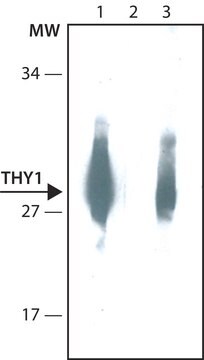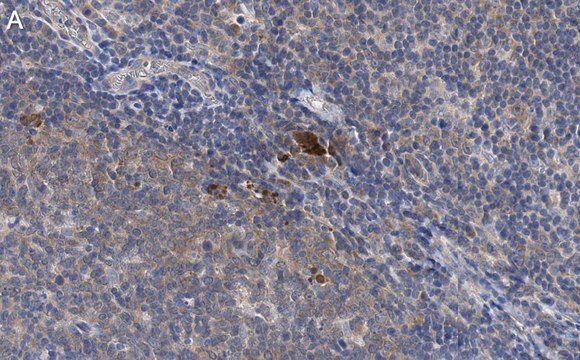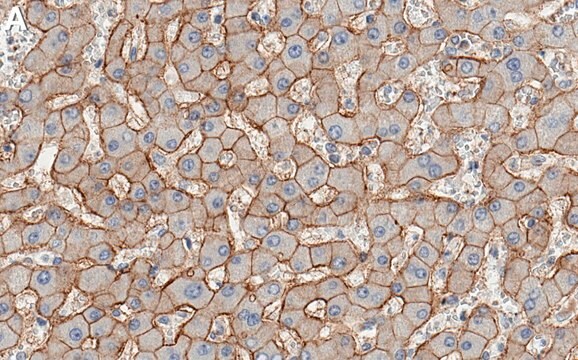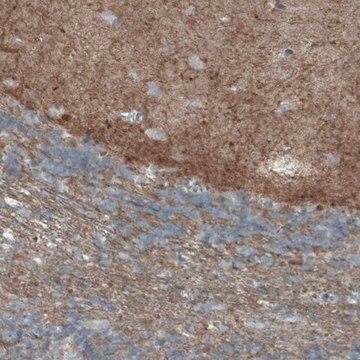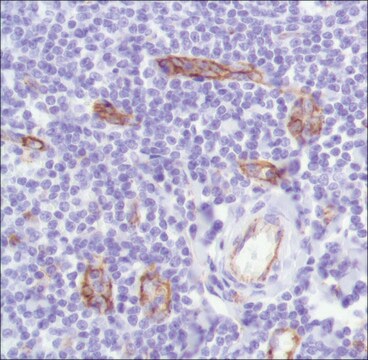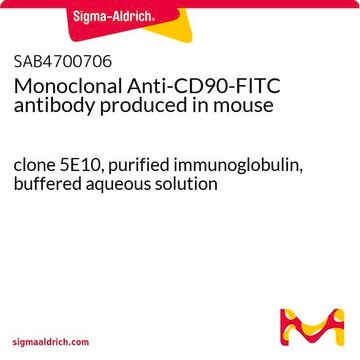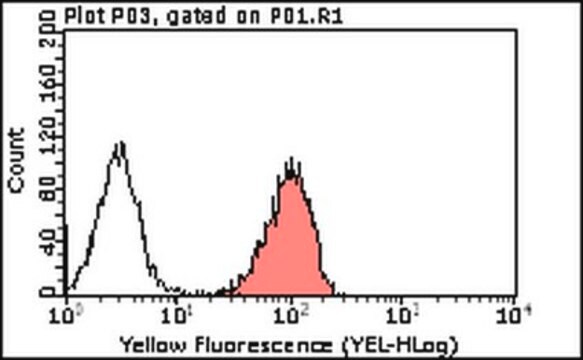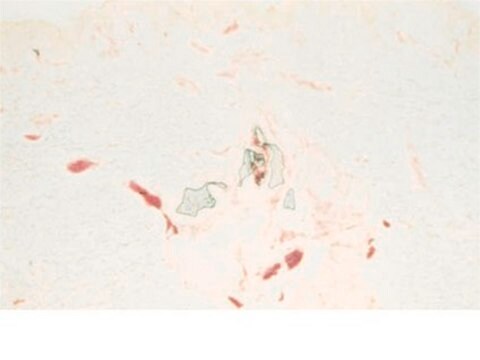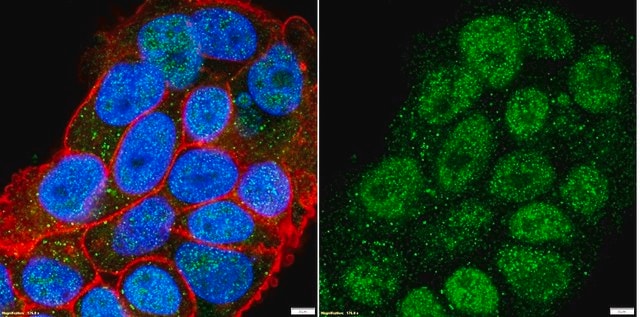SAB4700262
Monoclonal Anti-CD105 antibody produced in mouse
clone MEM-229, purified immunoglobulin, buffered aqueous solution
Synonym(s):
Anti-ENG, Anti-Endoglin
About This Item
Recommended Products
biological source
mouse
Quality Level
conjugate
unconjugated
antibody form
purified immunoglobulin
antibody product type
primary antibodies
clone
MEM-229, monoclonal
form
buffered aqueous solution
species reactivity
human, pig
concentration
1 mg/mL
technique(s)
flow cytometry: suitable
isotype
IgG2a
NCBI accession no.
UniProt accession no.
shipped in
wet ice
storage temp.
2-8°C
target post-translational modification
unmodified
Gene Information
human ... ENG(2022)
Related Categories
General description
Immunogen
Application
Flow cytometry/Cell sorting (1 paper)
Biochem/physiol Actions
Features and Benefits
Physical form
Disclaimer
Not finding the right product?
Try our Product Selector Tool.
Storage Class Code
10 - Combustible liquids
Flash Point(F)
Not applicable
Flash Point(C)
Not applicable
Certificates of Analysis (COA)
Search for Certificates of Analysis (COA) by entering the products Lot/Batch Number. Lot and Batch Numbers can be found on a product’s label following the words ‘Lot’ or ‘Batch’.
Already Own This Product?
Find documentation for the products that you have recently purchased in the Document Library.
Our team of scientists has experience in all areas of research including Life Science, Material Science, Chemical Synthesis, Chromatography, Analytical and many others.
Contact Technical Service